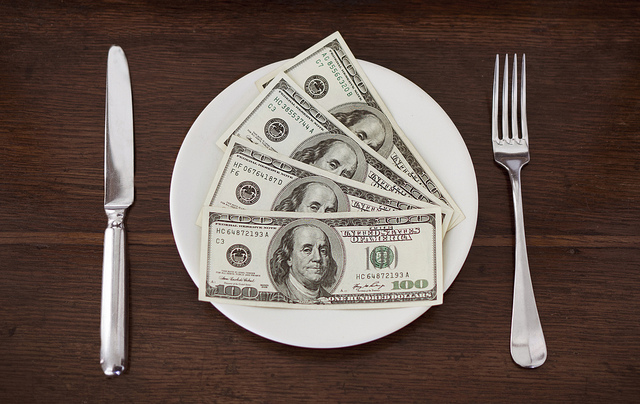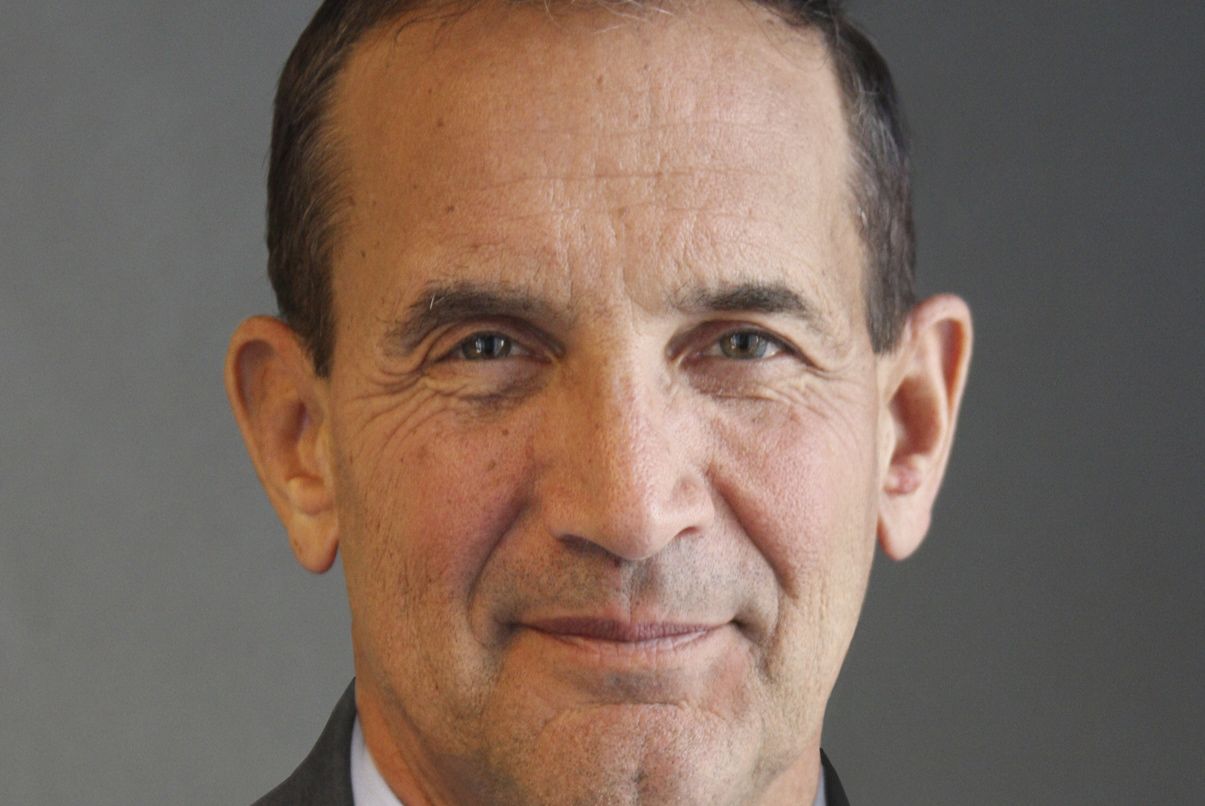Crude oil has now fallen below $28 per barrel. Not so many months ago, no one could have predicted — or even imagined — that this commodity would drop from over $120 per barrel so far and so fast. And with this deep decline in the price of oil, the US dollar is rising and global trade is slowing.
It is still my strong contention that cheap oil means more spending and growth. But that isn’t happening yet.
So where do I stand now? Here are my new points:
- The majority of the world’s economies seem to be faring a bit better. A number of the eurozone’s peripheral countries have shown signs of turnaround. And in the United States, we haven’t seen the excesses that are typically associated with the risk of recession.
- Looking at history, recessions haven’t occurred because commodities are cheap — usually it’s the other way around. Many of the world’s consumers and producers ultimately stand to benefit from low energy costs.
- This is not the same situation we faced in 2008, when we were on the brink of the global financial crisis. The global banking system is exposed to oil and China now, but not nearly in the proportions we saw with exposures to risky US mortgage debt then.
- I do think the smoke will eventually clear on the business cycle. However, until we get more data to indicate whether the slowdown in manufacturing, the weakness in exports and the stutter step in earnings will persist, fear could rule the markets for riskier assets.
- In this unsettled environment, with so many unknowns, there’s a risk of jumping into the global equity markets too early. An investor with new money may want to consider a more conservative asset mix to ride out this storm.
James Swanson is MFS Chief Investment Strategist.



 By Fórmate a Fondo
By Fórmate a Fondo